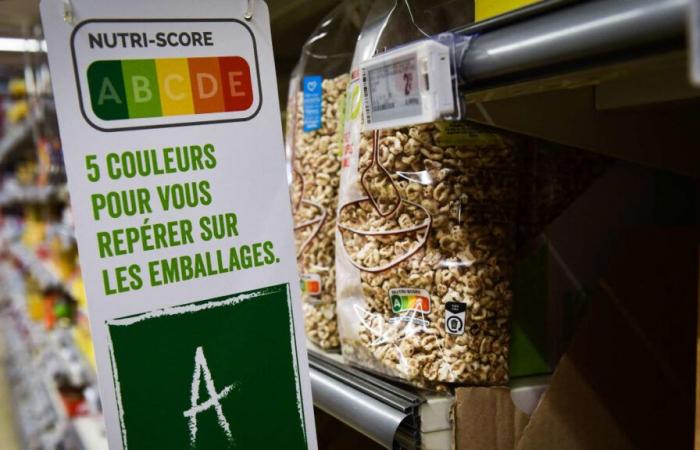HEALTH – ” This study provides new evidence of the relevance of the nutritional profile proposed by the Nutri-Score to characterize foods with a healthier nutritional profile.” This is the conclusion of a team of researchers, who have established a direct link between foods poorly classified in the Nutri-Score and an increased risk of cardiovascular disease.
Botulism in Indre-et-Loire: food, preserves… how to avoid contamination in the kitchen
« A higher risk of cardiovascular disease was observed in people consuming a diet of lower nutritional value, as assessed by the uNS-NPS score (the Nutri-Score, Editor’s note:) “, underlines the team, which published the results of its investigation in the scientific journal Lancet Regional Health-Europe this Tuesday, September 10.
Nutri-Score is a food labeling system implemented in several European countries on a voluntary basis. Adopted in France in 2017, it classifies products from A to E, depending on their nutritional quality. Its adoption remains optional, due to European regulations on labeling and therefore relies on the will of the food industry.
« A category is assigned to a food or drink based on an algorithm calculated from its composition per 100 g in energy, sugars, saturated fatty acids and salt (to limit) and in proteins, fruits, vegetables and legumes (to favor) “, specifies Inserm, which participated in the study, in a press release.
Danone denounces the new calculation method
The calculation method was modified by the international committee responsible for its monitoring and the rules have been tightened since January 1, 2024. Consequence: Danone announced at the beginning of September that it would stop displaying the Nutri-Score on its drinkable yogurts, whose score has dropped. However, it is on the basis of this new calculation method that the study, conducted jointly by Inserm, Inrae, Cnam, Sorbonne Paris Nord University, Paris Cité University, and the International Agency for Research on Cancer (WHO-IARC), was carried out.
A total of 345,533 citizens from seven European countries, from the Epic (European prospective investigation into cancer and nutrition) cohort, participated in the survey and were followed between 1992 and 2010. “16,214 participants developed cardiovascular disease (including 6,565 myocardial infarctions and 6,245 strokes)”the study says. They had consumed on average more food than a ” lower overall nutritional quality » on the Nutri-Score scale.
For the researchers, the goal was to ” provide new scientific elements for the validation of Nutri-Score on a European scale “Cardiovascular diseases accounted for a third of deaths in Europe in 2019 and “ “Diet is responsible for around 30% of deaths from cardiovascular diseases”recalls Inserm in its press release.
Also see on Le HuffPost :
Washing your fruits and vegetables in the dishwasher, as seen on TikTok, is a (very) bad idea
On TikTok, “fridgescaping” is the new completely absurd fridge decoration trend






